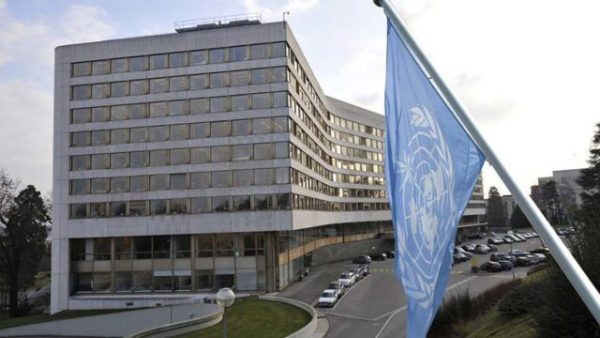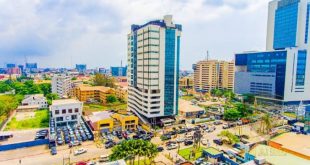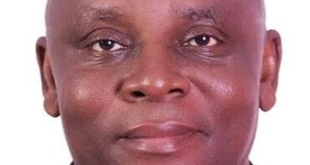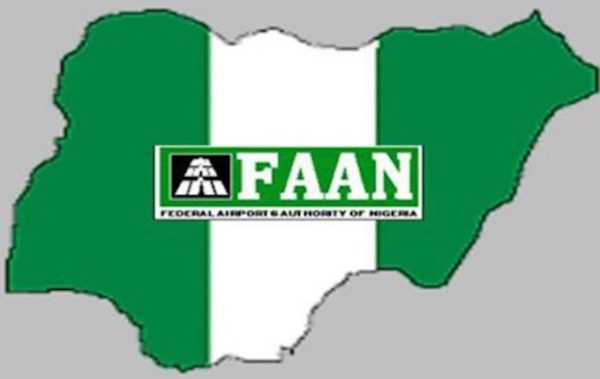According to a recent UNCTAD policy brief on the surge in freight rates across the globe, South American and West African trade routes remain the most affected due to a number of reasons.
Examining why the surge happened during the COVID19 pandemic, making trade more costly at a time when the global economy can least afford it, UNCTAD identified the long routes from China to countries in South America and West Africa as a major challenge adding that more ships are required for weekly service which often results to many containers being “stuck” on the routes.
“By early 2021, for example, freight rates from China to South America had jumped 443% compared with 63% on the route between Asia and North America’s eastern coast.” said by the UN body.
The UN body also revealed that the lack of cargo return is a contributing factor as South American and West African nations import more manufactured goods than they export, adding that it’s costly for carriers to return empty boxes to China on long routes.
To avoid similar surges in container freight rates in the future, UNCTAD highlights three issues that the Nigerian maritime industry and policy makers need to pay attention to, which are: Advancing trade facilitation reforms ; Improving maritime trade tracking and forecasting; and Strengthening national competition authorities.
Although in recent times, the Lagos ports have experienced conundrum of empty containers at the terminals of shipping companies. While stakeholders and importers have attributed the scarce of empty containers by international shipping companies to bring in cargoes as a major reason for increase in freight rate, the question of why can’t these empty containers littering the Lagos ports be returned to country of origin still remain on the lips of many.
Speaking to MMS Plus newspaper on the UNCTAD policy brief, a former President, National Association of Government Approved Freight Forwarders (NAGAFF), Eugene Nweke pointed out that UNCTAD was correct, but lamented that it wasn’t what he had expected from the UN body.
His words: “UNCTAD can’t continue to tell us what we already know. One of the objectives of United Nation (UN) is to see how to develop and support the developing countries and if that is their aim they should do so.”
“What they have failed to tell the Nigerian government is to partner with UN on capacity building for the nation’s freight forwarders, liaise with World Bank to give loan that would be monitored by a private body to ensure such empowerment excell. That is what I am expecting from UNCTAD.”
Eugene noted that unstable power supply, harsh economy, unstable foreign exchange rate, high labour cost among others are factors hinder Nigerian manufacturers capacity to export and compete globally, he argued that UNCTAD have failed to take cognizance of these underlying problems.
“These people don’t know that you don’t compare products manufactured using generator set to goods manufactured using an ideal stable power supply, how have they help to mitigate corruption so that power supply will be evenly distributed? A manufacturer can only manufacture as much as it can with the available resources and cost of production. Production line requires serious maintenance and it gulps money”
“The issue of our currency is another factor. We’re trading with dollar but what is our exchange rate to dollar? They have also not recognized the aspect of cheap labour, how cheap is our labour? Do we actually have cheap labour? Most companies are now disengaging services because of the economic hardship, a company that is supposed to take up to 3000 employees would be seen operating with about 300,” he added.
 MMS PLUS NG – Maritime, Aviation, Business, Oil and Gas News Online Newspaper with coverage in Maritime, Oil and Gas, Aviation, Power and Energy as well as Financial News
MMS PLUS NG – Maritime, Aviation, Business, Oil and Gas News Online Newspaper with coverage in Maritime, Oil and Gas, Aviation, Power and Energy as well as Financial News










